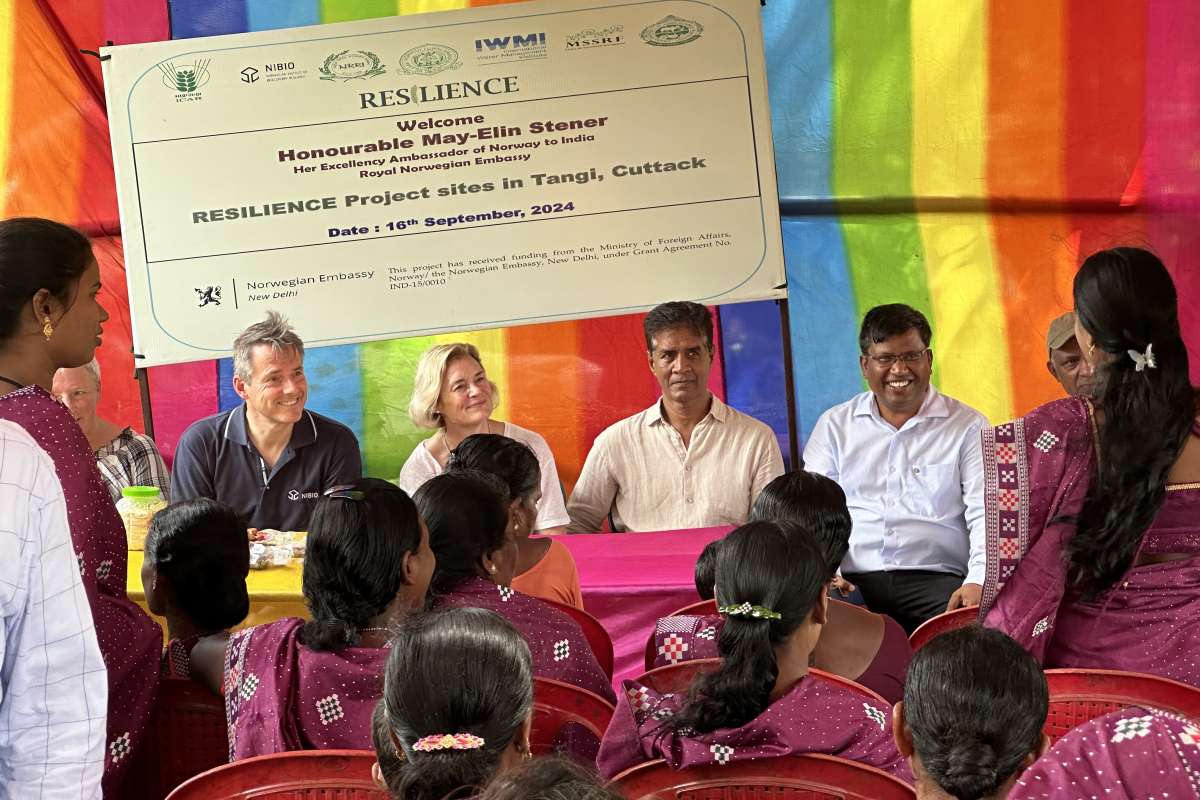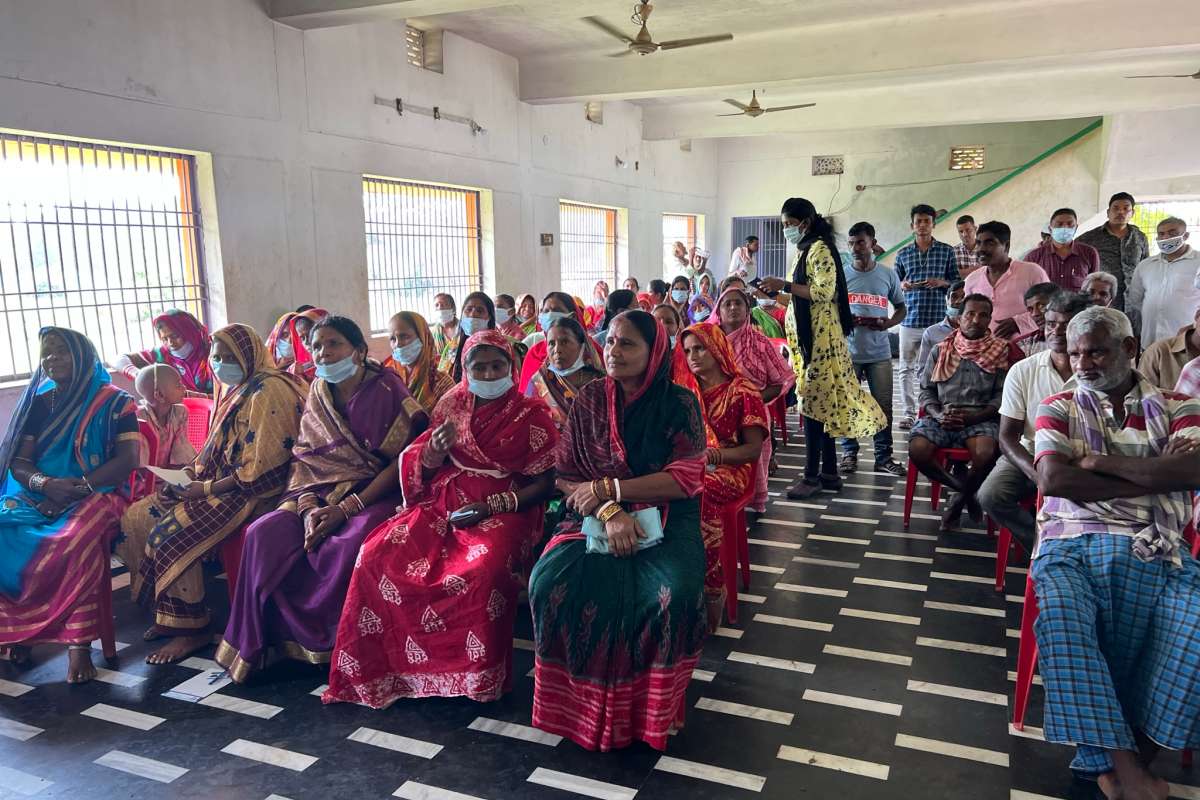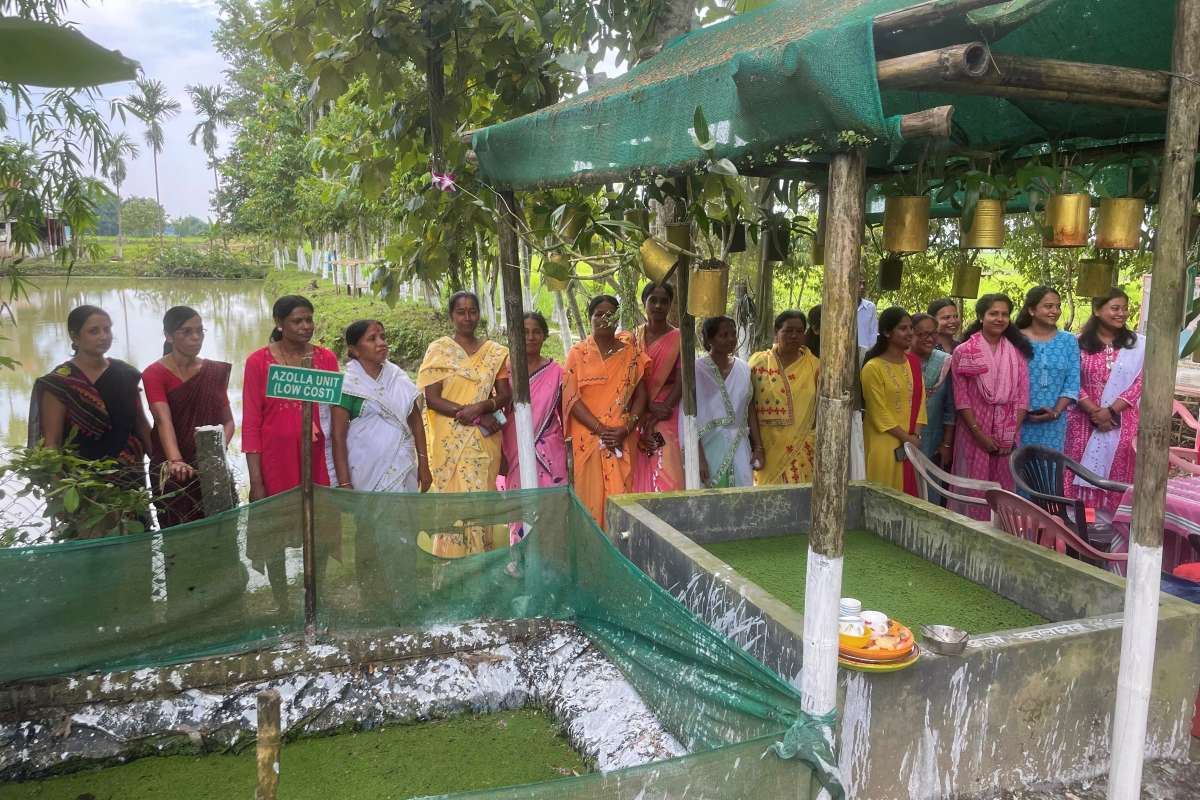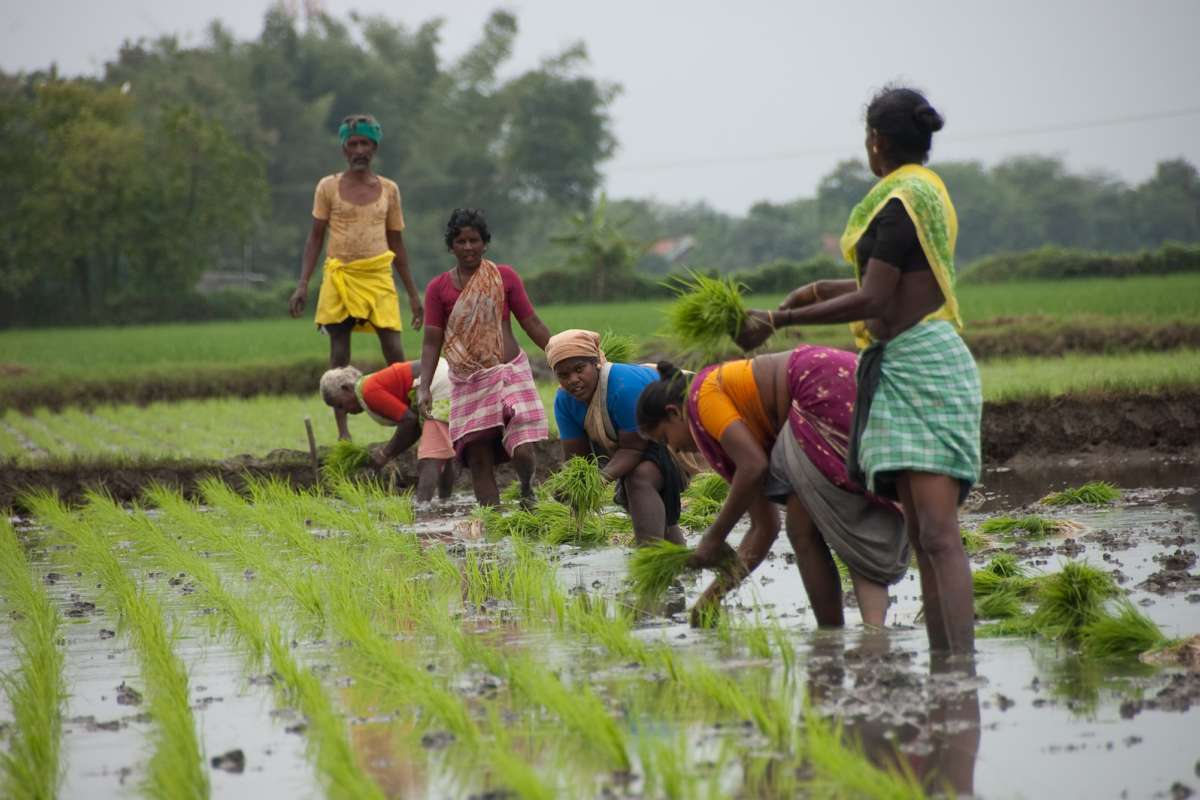New project aims to upscale climate-resilient agriculture initiatives in India
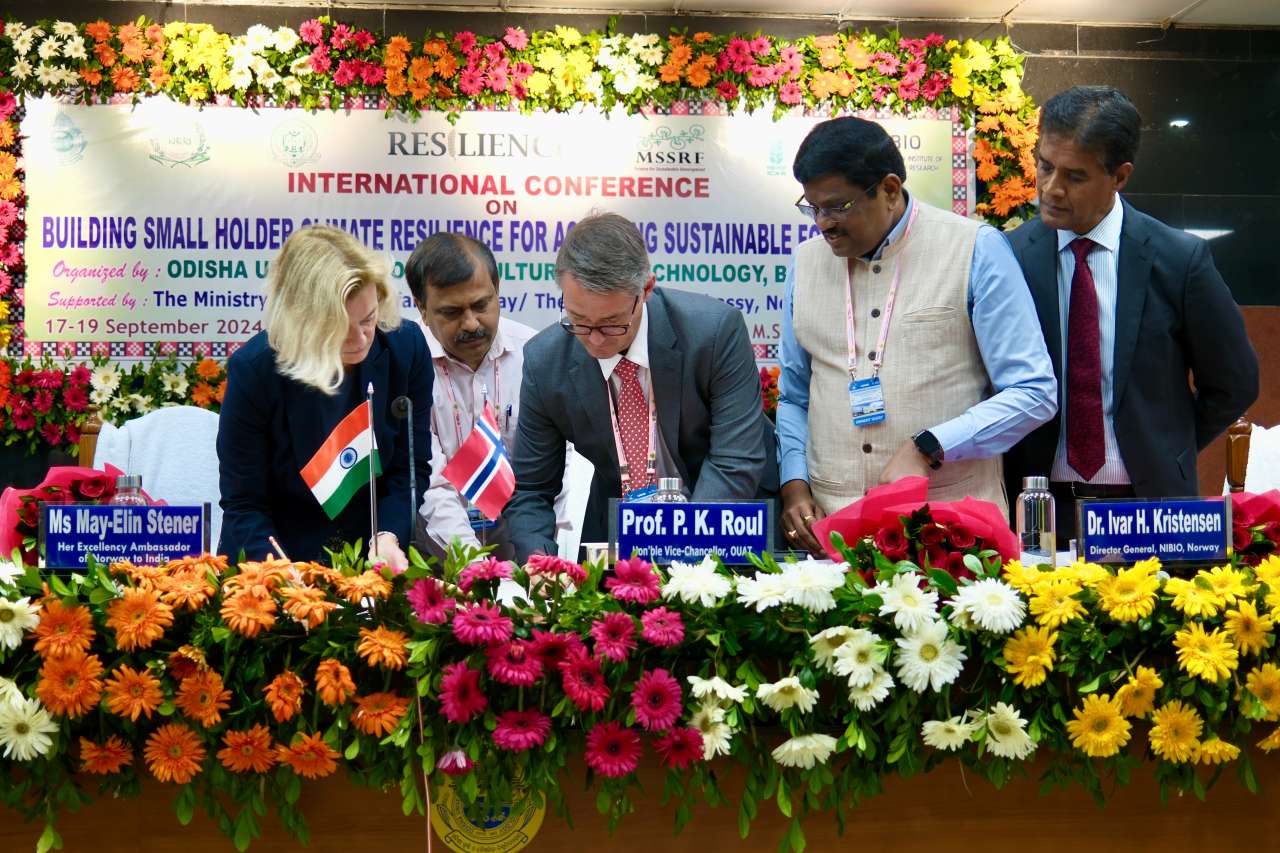
This week an agreement for the launch of the UPSCALE project was signed. Taking part at the signing was (from left to right), Ms May-Elin Stener - Ambassador of Norway to India, prof. P. J. Mishra - Dean Extension Education OUAT, Ivar Horneland Kristensen - CEO of NIBIO, Project Coordinator Dr Udaya Sekhar Nagothu – Senior Research Scientist and Director of NIBIO’s Centre of International Development, and Professor P. K. Roul - Honourable Vice Chancellor of OUAT. Photo: Ragnar Våga Pedersen
This week an agreement was signed for the launch of the UPSCALE project, set to begin in October 2024 and run through December 2028 in Assam and Odisha, India. The initiative aims to scale up sustainable and climate-resilient rice and agricultural technologies, building on evidence-based interventions from previous projects.
Focusing on innovation and environmental sustainability, the UPSCALE project will introduce advanced farming practices and eco-friendly technologies to boost crop yields, enhance ecosystem services, and reduce greenhouse gas emissions, benefiting smallholder farmers and the environment alike.
The project will be implemented in Odisha and Assam, two of India's most climate-vulnerable states, targeting over 40,000 farmers, 35-40% of whom will be women, across nine districts. The initiative aims to improve sustainable crop productivity and climate resilience through precision-based soil health and water management, integrated pest management, and value chain enhancement.
Key environmental impacts include mitigating greenhouse gas emissions through solar energy use, site-specific nutrient management, crop diversification, and soil conservation. Additionally, the project will foster knowledge exchange on renewable resources like solar energy and biodegradable plastics. The project will also focus on biodiversity conservation in rice wetlands.
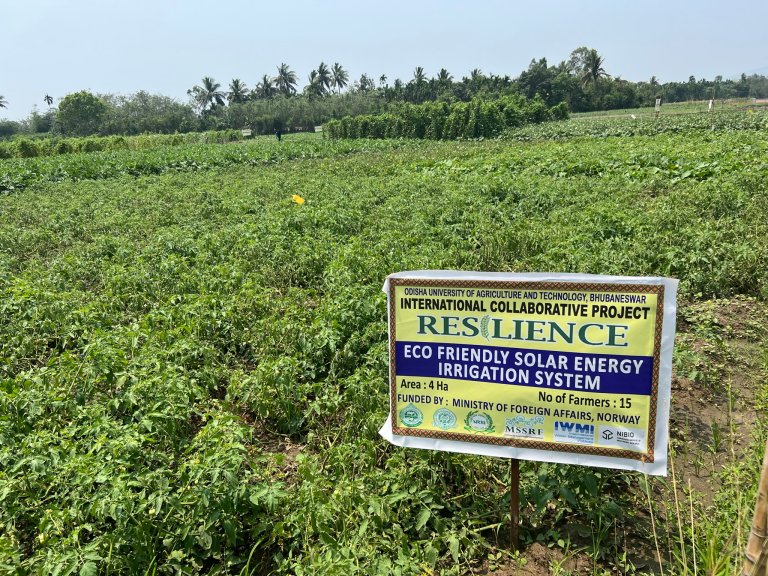
Multi-actor approach
In collaboration with existing stakeholder committees from the RESILIENCE project (2018-2024), the project will create a framework for upscaling climate-resilient agricultural (CRA) technologies and assess their socio-economic and environmental benefits. The project will share evidence-based practices and policy recommendations through Farmer Knowledge Centres (KVKs), while promoting the inclusion of women, youth, and marginalized communities in knowledge-sharing and capacity-building efforts.
UPSCALE will drive the adoption of climate-resilient agricultural systems by fostering evidence-based, context-specific policies. These policies will motivate policymakers to support implementation, while raising consumer awareness about the benefits of sustainable CRA products. Through multi-actor cooperation and co-creation, the project aims to scale its results both at the state and national levels.
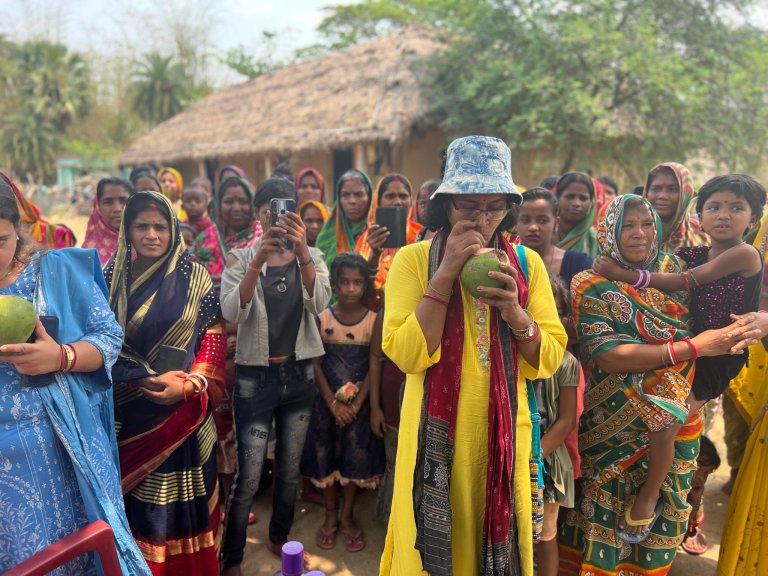
Key goals
Aligned with the Indo-Norway cooperation on climate and environment, the UN Sustainable Development Goals, India’s Nationally Determined Contributions to climate action, and Norway’s strategy for food security, the project will contribute to global climate adaptation and mitigation, including efforts outlined in the COP28 declaration on agriculture.
Key goals include:
- Enhancing value chains for small-scale food producers, encouraging them to join farmer organizations to improve access to technologies, inputs, and markets in the face of climate change.
- Promoting climate-resilient food production, including bio-based carbon capture and sequestration solutions.
- Developing digital and AI-based tools to improve weather forecasting services and provide timely information for addressing soil, animal, and plant health issues.
- Equipping small-scale farmers with knowledge to adapt to changing climatic conditions and continue food production.
- Empowering women and youth in food production, value addition, and marketing, particularly in climate-vulnerable areas.
“The UPSCALE project reflects a strong commitment to climate action and sustainable agriculture, aiming to lift marginalized communities and enhance resilience against the challenges posed by climate change,” says project coordinator Dr Udaya Sekhar Nagothu from the Norwegian Institute of Bioeoconomy Research (NIBIO).
“Building upon interventions from previous projects, we aim to succeed in the promotion of climate resilient and sustainable agriculture, and empower small-scale farmers, while at the same time advancing global efforts in climate adaptation, mitigation and food security.”
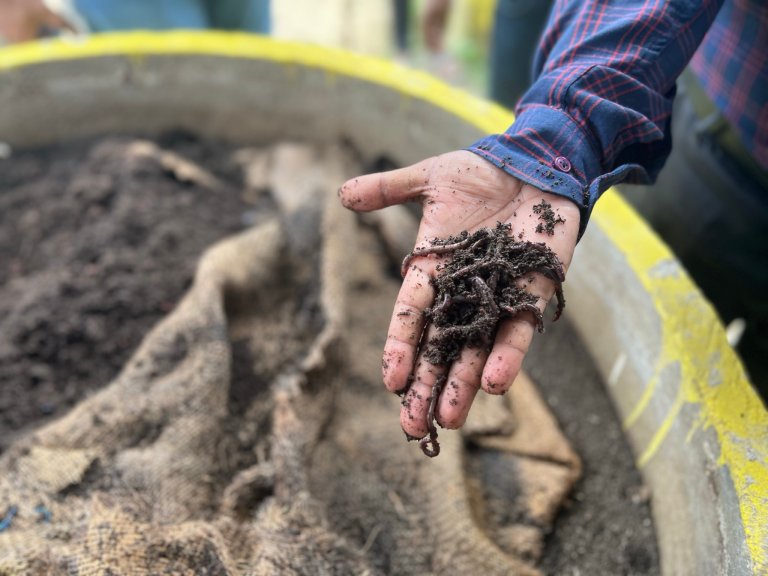
Global issues demand collaborative efforts
CEO of NIBIO, Ivar Horneland Kristensen, says that NIBIO’s efforts in India and other countries particularly vulnerable to climate change, represent a two-way street of mutual learning.
“These collaborations not only enhance our scientific competencies but also help us develop solutions that are tailored to the unique challenges faced by different regions and even down to the individual farmer,” he says.
“Building resilience is, however, merely the starting point - the beginning of a long-term journey toward sustainability and prosperity for all,” he adds.
“As we move forward, we remain committed to expanding this work, ensuring that the lessons we learn and the innovations we develop reach the communities that need them most. Together, we can create a future where sustainable development is not just a goal, but a reality.”
Contacts

UPSCALE
A transformative climate action through upscaling climate resilient rice and other agricultural technologies supported by evidence-based knowledge and policy in India (UPSCALE).
Study areas: Odisha and Assam in India
Partners:
NIBIO (coordinator)
National Rice Research Institute, India
Orissa University of Agriculture and Technology, India
Assam Agricultural University, India
M. S. Swaminathan Research Foundation, India
Funding:
The Royal Norwegian Embassy in New Delhi
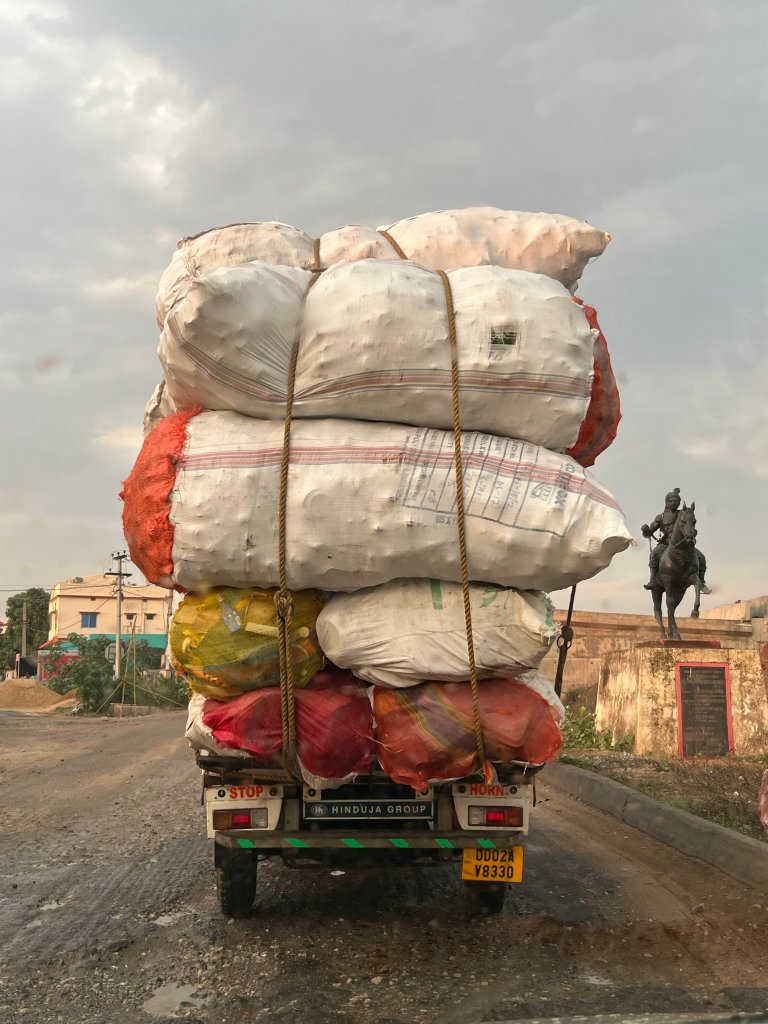
Contacts


